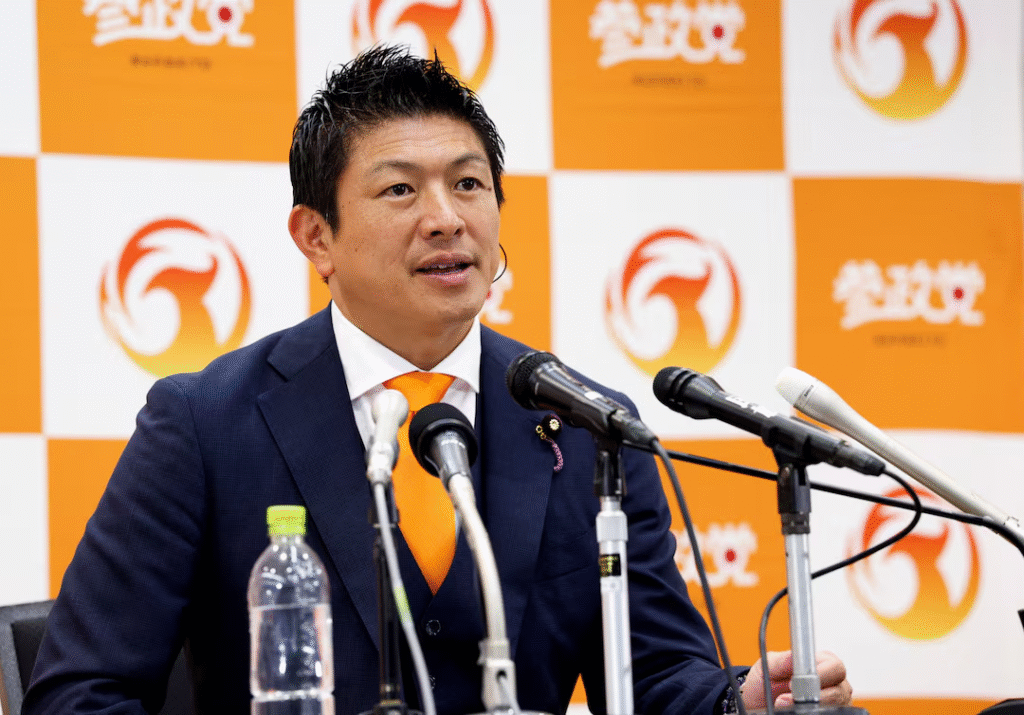Is Japan Heading Down a Conservative Path?
Yesterday marked the voting day for Japan’s House of Representatives election, and the results revealed a striking rise of the conservative party, Sanseitō. Led by Mr. Kamiya, the party has garnered attention for its controversial stances. Kamiya promotes anti-vaccine and anti-science rhetoric, advocates for Japan’s nuclear armament and the reinstatement of conscription, and calls for a return to traditional gender roles, rejecting women’s advancement in society and encouraging women to return to being full-time homemakers.

Perhaps most provocatively, Sanseitō champions a “Japan First” policy, displaying a strong exclusionary attitude toward foreign residents. These positions have sparked heated debates across the country.
The party made significant gains in this election, expanding its presence in the House from a single seat to 14. It has found particular support among younger voters in their teens to forties. Amid rising healthcare costs and soaring consumer prices, Sanseitō has tapped into public frustration by blaming foreigners and stoking division to rally its base.
Critics argue that Kamiya’s actions are destructive and counterproductive, likening his approach to that of Hitler or emerging religious cults. As a result, political polarization in Japan is expected to deepen, with a widening gap between right-wing and left-wing factions.
This is just my personal opinion, but I really dislike this party leader because he engages in low-level arguments that show he hasn’t studied history, culture, or science properly.
